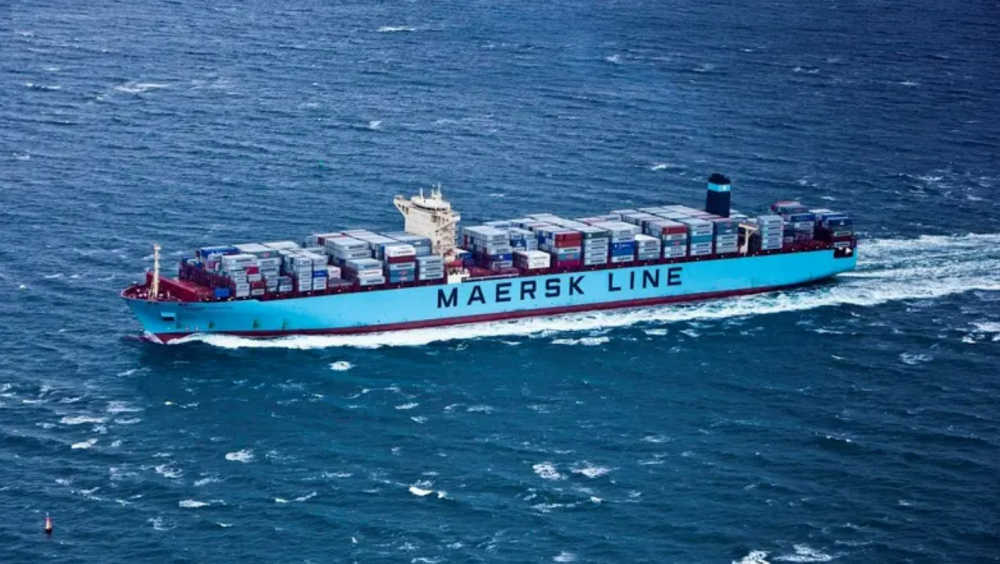Maersk sees profits slide after months of Red Sea attacks by Yemen’s Houthis


Danish shipping giant Maersk posted Wednesday a 45-percent fall in net profit in the second quarter, as supply chain disruptions due to the Red Sea crisis led to higher operating costs.
Months of attacks by Yemen’s Iran-backed Houthis have prompted some shipping companies to detour around southern Africa to avoid the Red Sea route -- which normally carries about 12 percent of global trade.
The Yemeni group has been launching drones and missiles at shipping in the Red Sea since last November, saying they are acting in solidarity with Palestinians during the Gaza war.
In the April to June period, Maersk posted a net profit of $798 million, while sales dipped to $12.77 billion, both slightly lower than analysts’ forecasts.
Operating profit also declined, by 26 percent to $2.14 billion.
Maersk, the world’s second biggest shipping group, no longer transits the Red Sea.
“The situation in the Red Sea remains entrenched, which leads to continued pressure on global supply chains. These conditions are now expected to continue for the remainder of the year,” Maersk chief executive Vincent Clerc said in a statement.
“We have invested in additional equipment in all our businesses to adapt to the situation and continue supporting our customers through the disruptions,” he said.
Last week, Maersk raised its full-year underlying operating profit forecast by $2 billion to between $9 billion and $11 billion, due to higher freight costs resulting from the Red Sea crisis.

Aden — Yemen Airways has announced new updates to its ticket cancellation (VOID) policy, introducing financial penalties on travel agents in…

Geneva – The United States announced that Yemen will not be among the countries benefiting from a new $2 billion funding pledge for United Na…

Paris — The French humanitarian organization Acted announced that it has delivered cash assistance to nearly 89,000 people affected by displa…